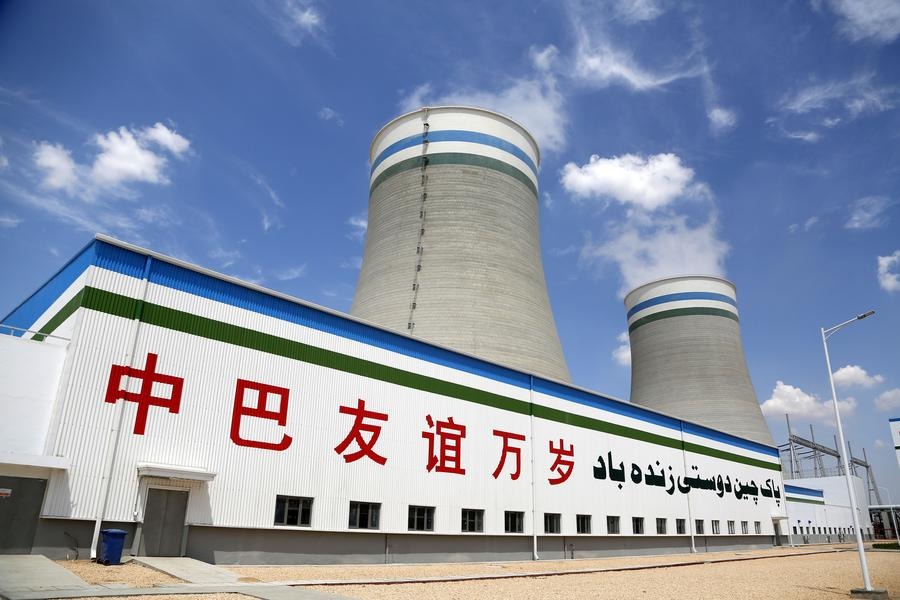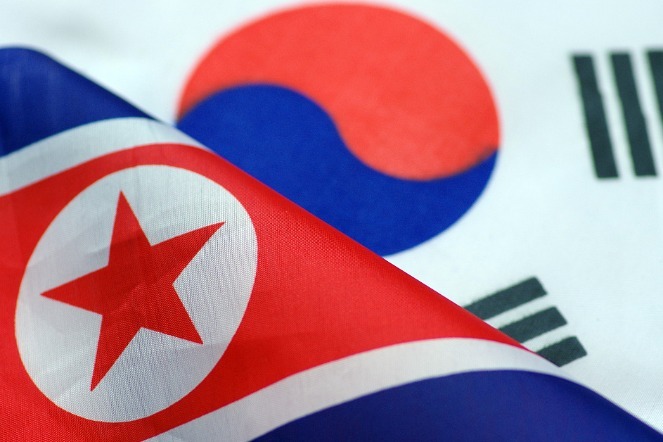Japan peddling unwelcome line in its overtures to Africa


Japanese Foreign Minister Hayashi Yoshimasa visited South Africa, Uganda and Ethiopia from Tuesday to Thursday. While Nishimura Yasutoshi, Japan's economy and industry minister began a visit to five African countries on Sunday. He is scheduled to visit Namibia, Angola, the Democratic Republic of Congo, Zambia, and Madagascar during his weeklong trip. In April this year, Japanese Prime Minister Fumio Kishida visited Egypt, Ghana, Kenya and Mozambique, the first time a Japanese prime minister set foot on the African continent in seven years.
Japan's overtures to African countries have two intentions: to weaken China's influence in Africa and strengthen Japan's strategic cooperation with the Global South, which the Kishida government considers a necessary move to promote the "Indo-Pacific" strategy of the United States. In fact, Tokyo tries to secure new sources of minerals in Africa in order to end Japan's reliance on China for key minerals.
Kishida visited Saudi Arabia, the United Arab Emirates and Qatar in search of minerals shortly after his government announced in April that it would allocate 105.8 billion yen ($746.3 million) as subsidies for mineral projects including lithium, manganese, nickel, cobalt, graphite and rare earth. The latest visits by Yoshimasa and Yasutoshi to Africa run in the same groove.
However, these moves of Japan in Africa might not work well. On the one hand, the "rules-based international order" that Japan is promoting finds little resonance among African countries. The so-called rules refer to Western rules established to favor the colonial countries that long exploited Africa. On the other hand, the African countries see clearly that Japan is doing nothing but parroting the US' line, to which they have already given a cold shoulder.
The African countries want to take a neutral stance and uphold their strategic autonomy in global affairs. They recognize that Japan's operations in Africa are strongly utilitarian and its input can only be called limited. Investment in Africa accounts for about 1 percent of Japan's foreign investment, and it is dominated by the Japanese government, rather than enterprises.


































